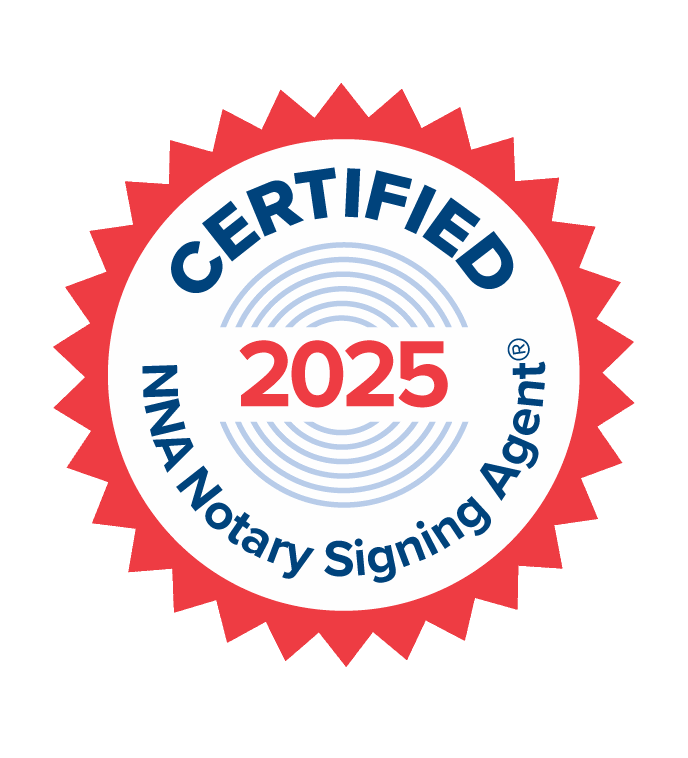Preparing for a Notarization: What You Need to Know
Understanding the Notarization Process
Notarization is a formal process used to prevent fraud and ensure the proper execution of documents. It involves a notary public acting as an impartial witness in the signing of documents. Before you head to get a document notarized, it’s essential to understand the basics of what notarization entails and what you need to prepare.
The role of a notary is to verify the identity of the signers, ensure they are signing willingly, and witness the signing process. Notaries are authorized by the state and adhere to strict guidelines to maintain the integrity of the documents they notarize.

Gather Essential Documents
Before visiting a notary, gather all the documents that require notarization. Ensure that all parties involved have their respective documents ready. Double-check for missing pages or incomplete sections, as this could delay the process. It is also crucial to verify which documents require notarization, as not all legal documents do.
Having organized documents helps streamline the notarization process, ensuring a smooth experience for all parties involved. Remember that any corrections or additions should be made prior to your appointment with the notary.

Valid Identification
Valid identification is a critical component of the notarization process. Each signer must present a government-issued ID that includes a photograph, signature, and is currently valid. Common forms of ID include a driver's license, passport, or state ID card. It’s important to ensure that all IDs are up-to-date and legible.
If any signer lacks proper identification, the notarization cannot proceed. In such cases, alternative measures like credible witnesses might be required, but these vary by state and should be verified beforehand.

Understanding Document Requirements
Each document may have unique requirements for notarization. Some may require witnesses in addition to a notary, while others might need specific wording or seals. Understanding these requirements ahead of time can save you from unnecessary delays.
Consult with the document issuer or legal advisor if you are unsure about specific requirements. They can provide guidance on how to correctly prepare your document for notarization.
Scheduling an Appointment
Once you have your documents and identification ready, schedule an appointment with a notary public. Some notaries offer walk-in services, while others require appointments. Ensure you allocate enough time for the notarization process, especially if multiple documents are involved.
Consider using online resources or local directories to find notaries near you. Many financial institutions also offer notary services, which can be convenient if you have an account with them.
What to Expect During Notarization
During the notarization process, the notary will first verify your identity using your ID. They will then check the documents for completeness and ensure you understand their contents. After this, you will be asked to sign the documents in the presence of the notary.
The notary will complete their part by signing and stamping the document with their official seal. This seal signifies that the document has been duly notarized according to state laws.
Post-Notarization Steps
After your document is notarized, ensure you store it in a safe place. Notarized documents often have legal significance and may be required for future reference or proceedings.
If you need multiple copies, verify whether they need to be notarized separately or if a notarized copy suffices. This can vary based on legal requirements or the institution requesting the document.

